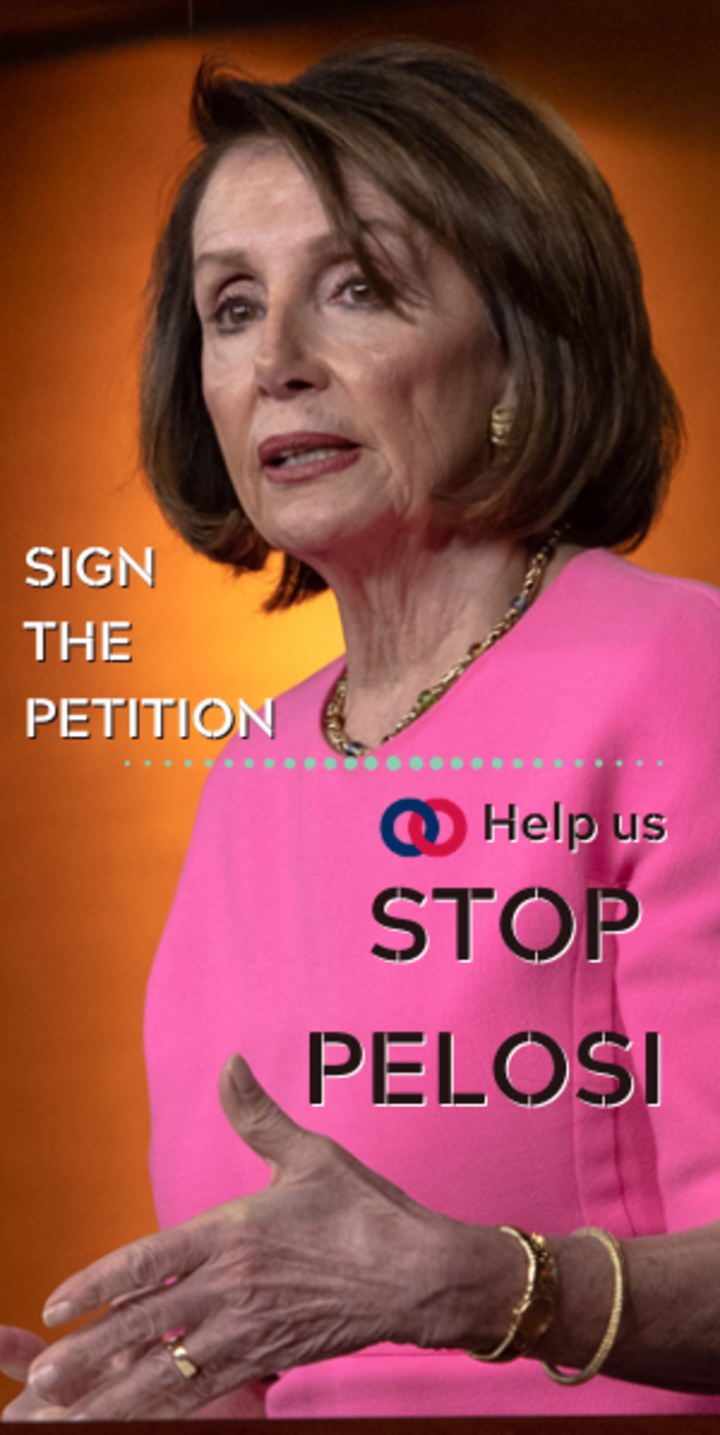Over at 365gay.com Prof. John Culhane has published a piece "Why Civil Unions Tie Maggie Gallagher in Knots."
He doesn't seem to get what I think about civil unions. So let me help him untie those knots.
1. For me, the gay marriage debate is primarily a debate about marriage. That's the issue that motivated me to drop everything and enter this debate: Do we as a society care enough about the need to bring mothers and fathers together for children to protect the public meaning of the one social institution we have which has always had this core mission?
2. Therefore, for me (and people who think like me) practical benefits for gay people are a separate issue. This confuses gay rights advocates because of course for them, it's the same issue; it's all about what does justice require that we do for gay people. But for me, the question becomes: there's a group of people who don't fit marriage very well, and maybe we can find a way to do something for them. Not as a rights issue--you can't buy the right to discriminate with civil unions and marriage is not discriminatory-but out of consideration, as a gesture of civic respect, crafted in ways that would minimize the impact on a marriage culture.
So I urge people who advocate for civil unions to do so not because they think it's a right (it's not), or because they think it will buy peace (it won't) but because they think it's the right thing to do. (This is where Prof. Culhane finds my argument so confusing. He's a pretty smart guy, trying to make it clear). There are many forms of civil unions I could accept. (What's the basic outline? Inclusive partnership bills, that are based on respect for adult love and caretaking among couples who are unlikely to marry, such as same-sex couples, but the devil is in the details, see below).
3. Unfortunately, due to some very bad state court decisions that Prof. Culhane applauds, many forms of civil union bills objectively threaten the defintion of marriage. That's because at least two state supreme court's have used the passage of a civil union bill as a justification to knock down the state's marriage law. With careful drafting this--and the religious liberty threats--can be dealt with, if the people proposing them want to avoid the misuse of the law to threaten marriage. But mostly they don't want to, they want to use the law to invite the courts to knock down marriage.
4. The biggest obstacle to expanding domestic partnerships benefits now is that the gay rights movements has convinced its own supporters that these partnerships benefits are a demeaning insult, "separate is not equal." And the moral narrative of equality, not practical benefits, is what they really seek.
BTW, I've pretty much been saying the same thing about civil unions since 2003, except that the Connecticut and California supreme court decisions (which of course I think were wrongly decided) have made doing civil unions bills without threatening marriage much more complicated.
Hope that clears things up for the good professor. Happy to help. : )





